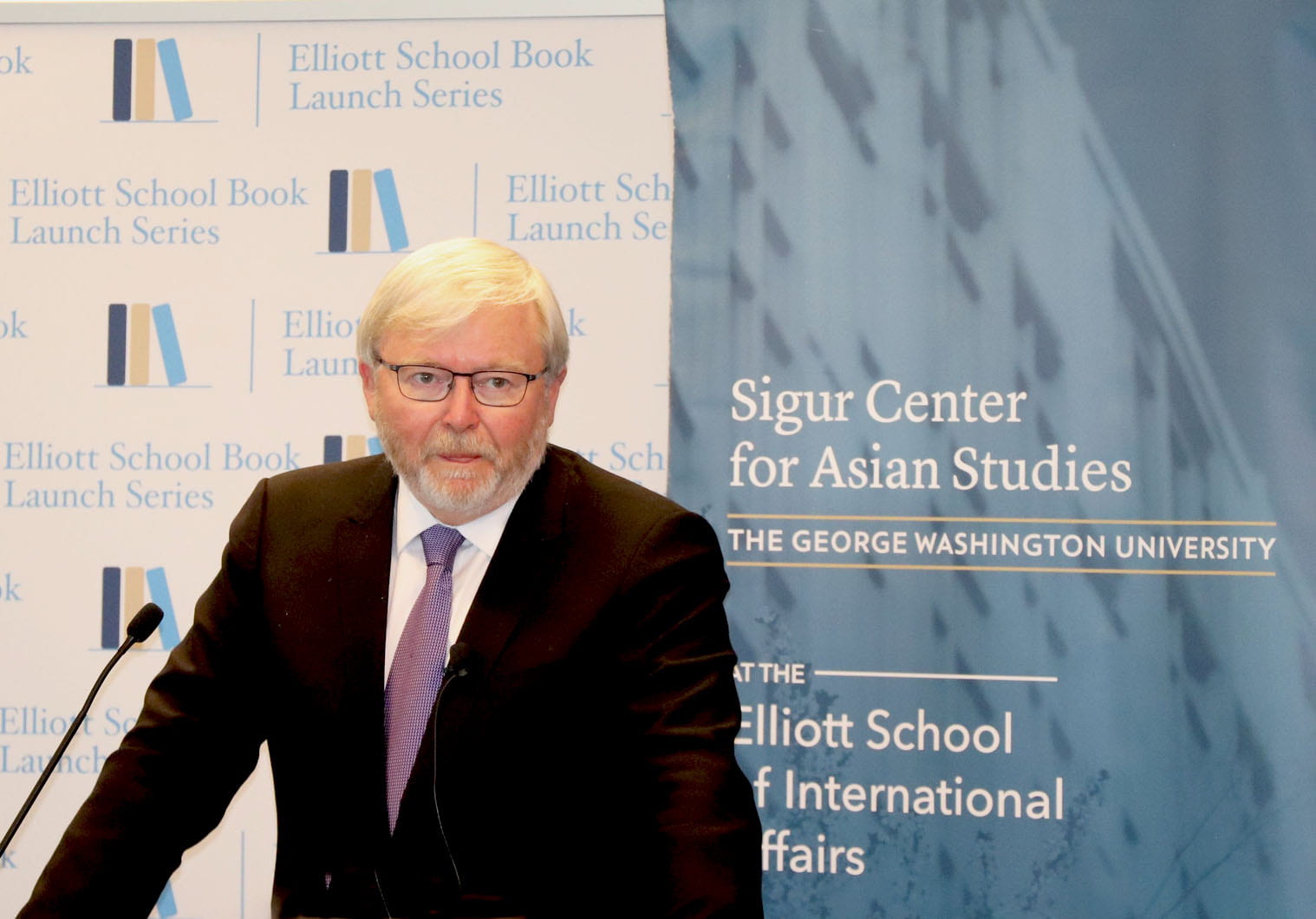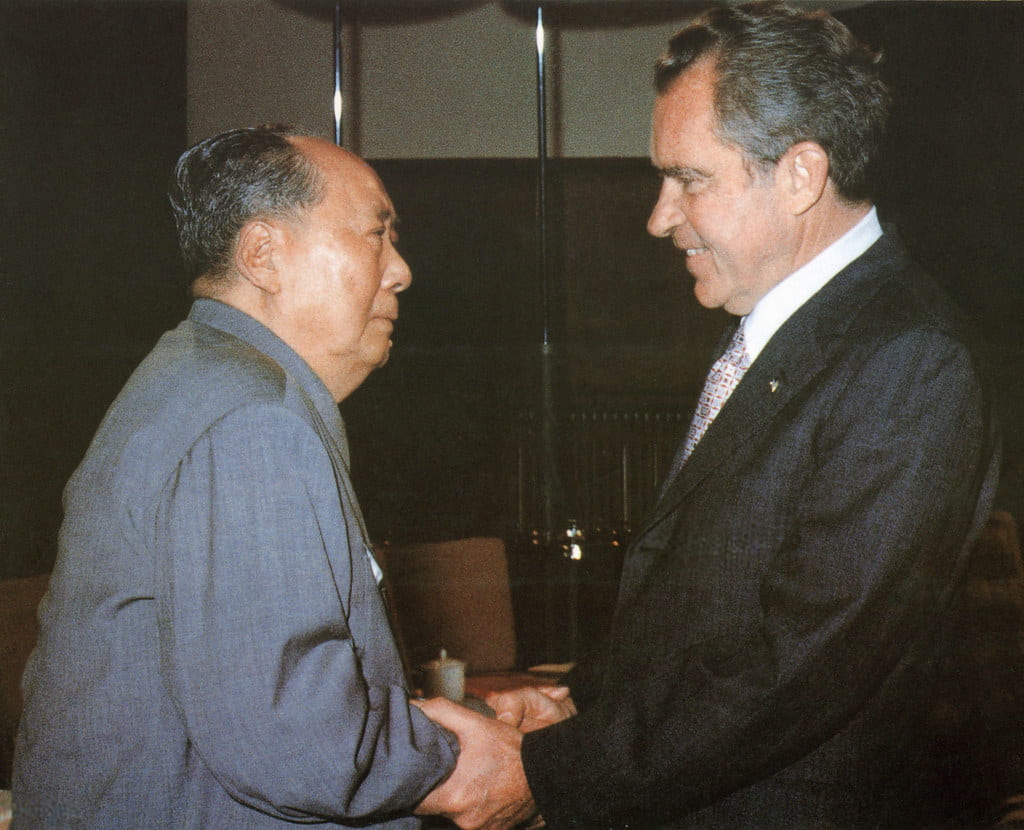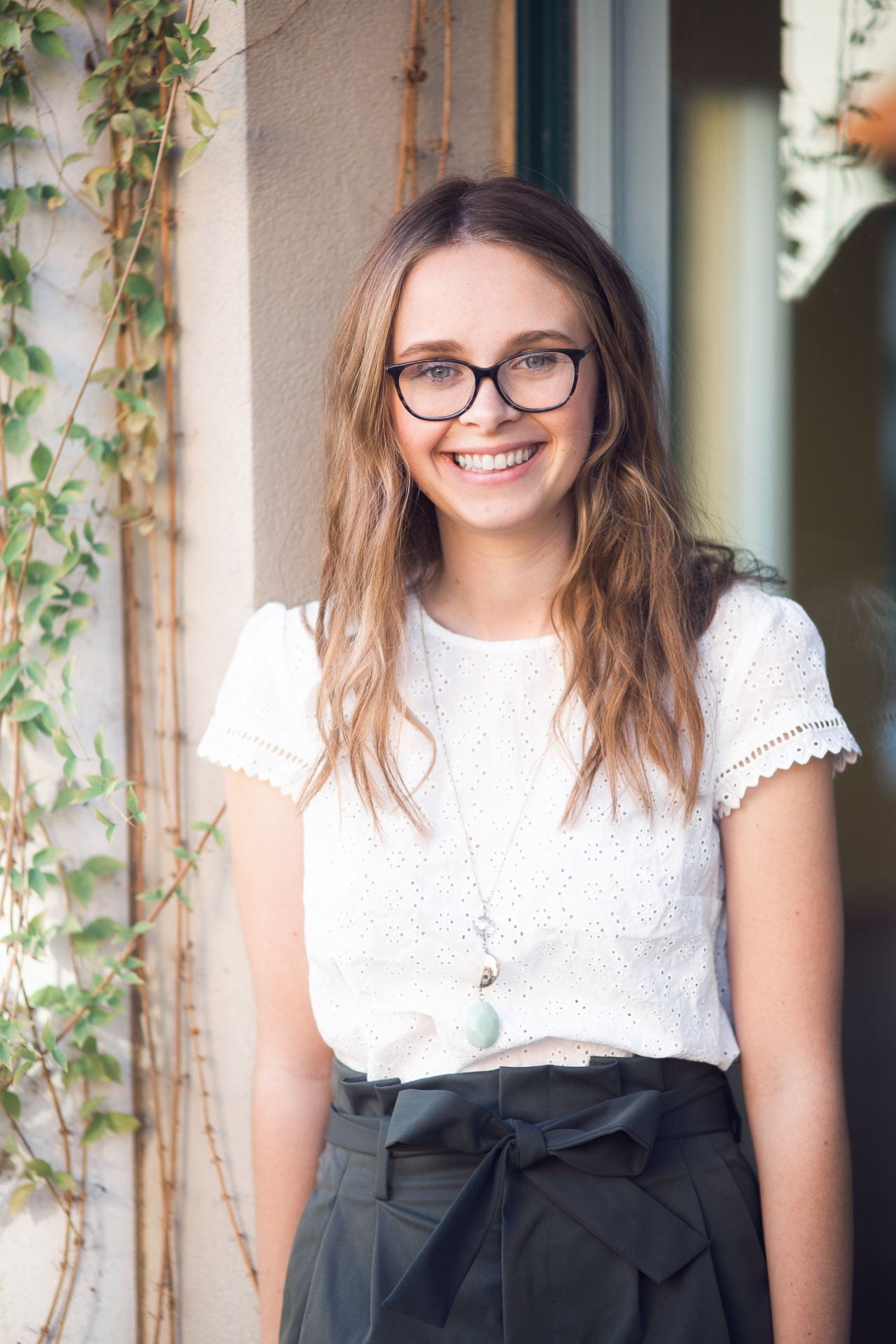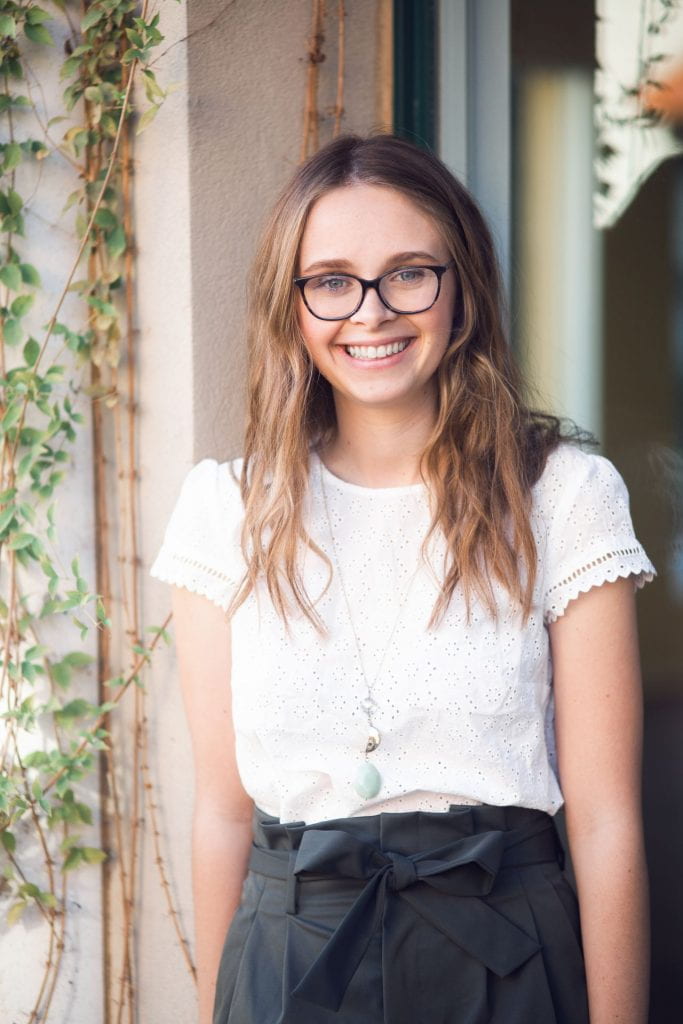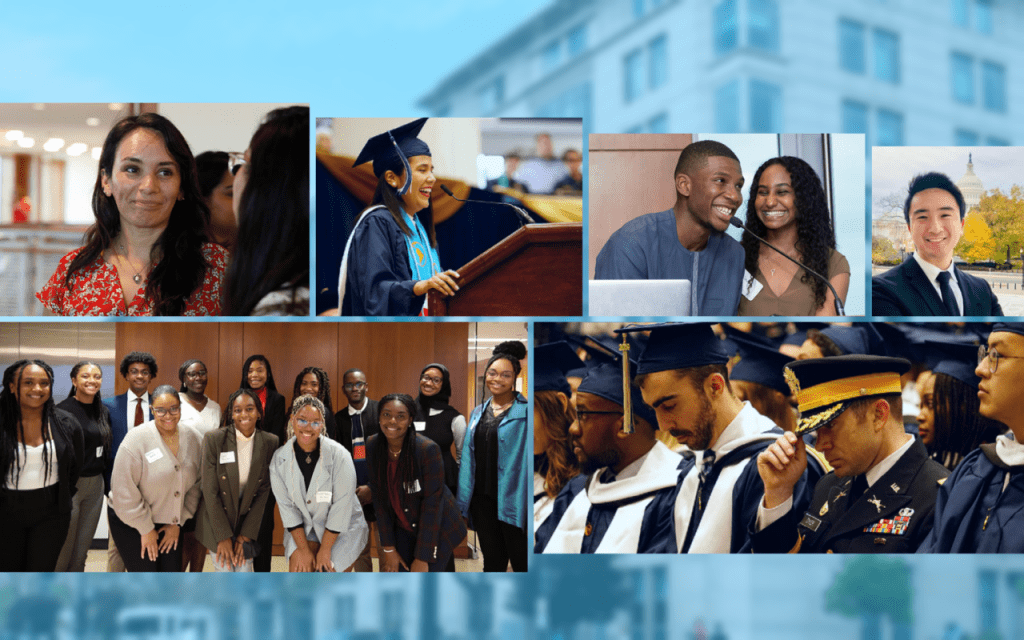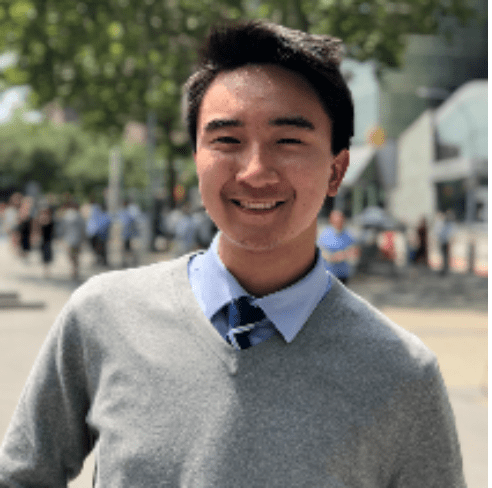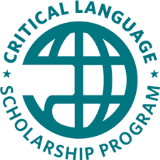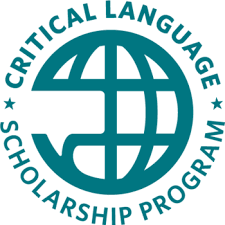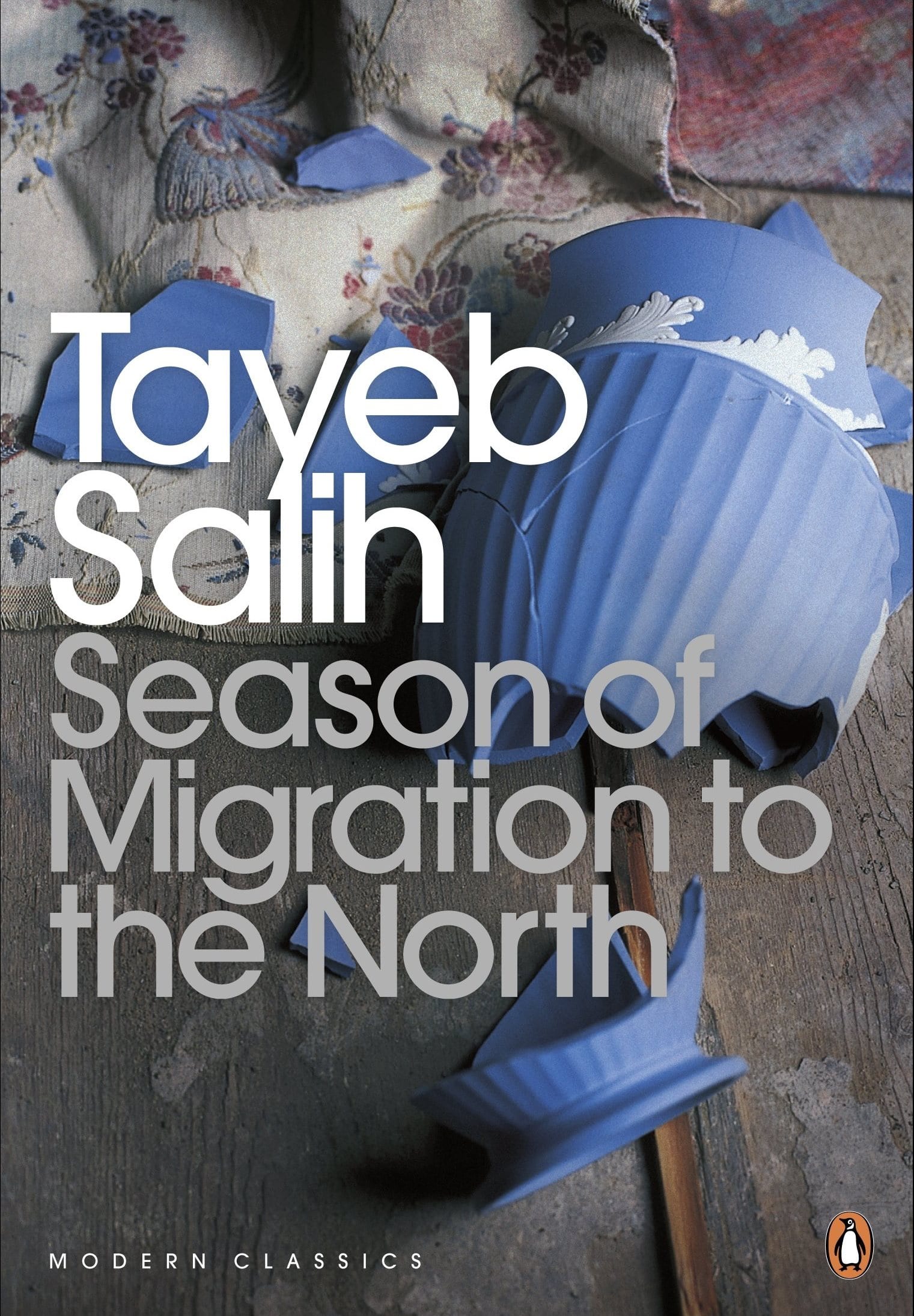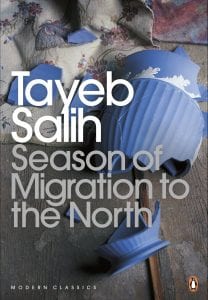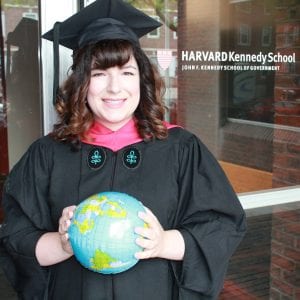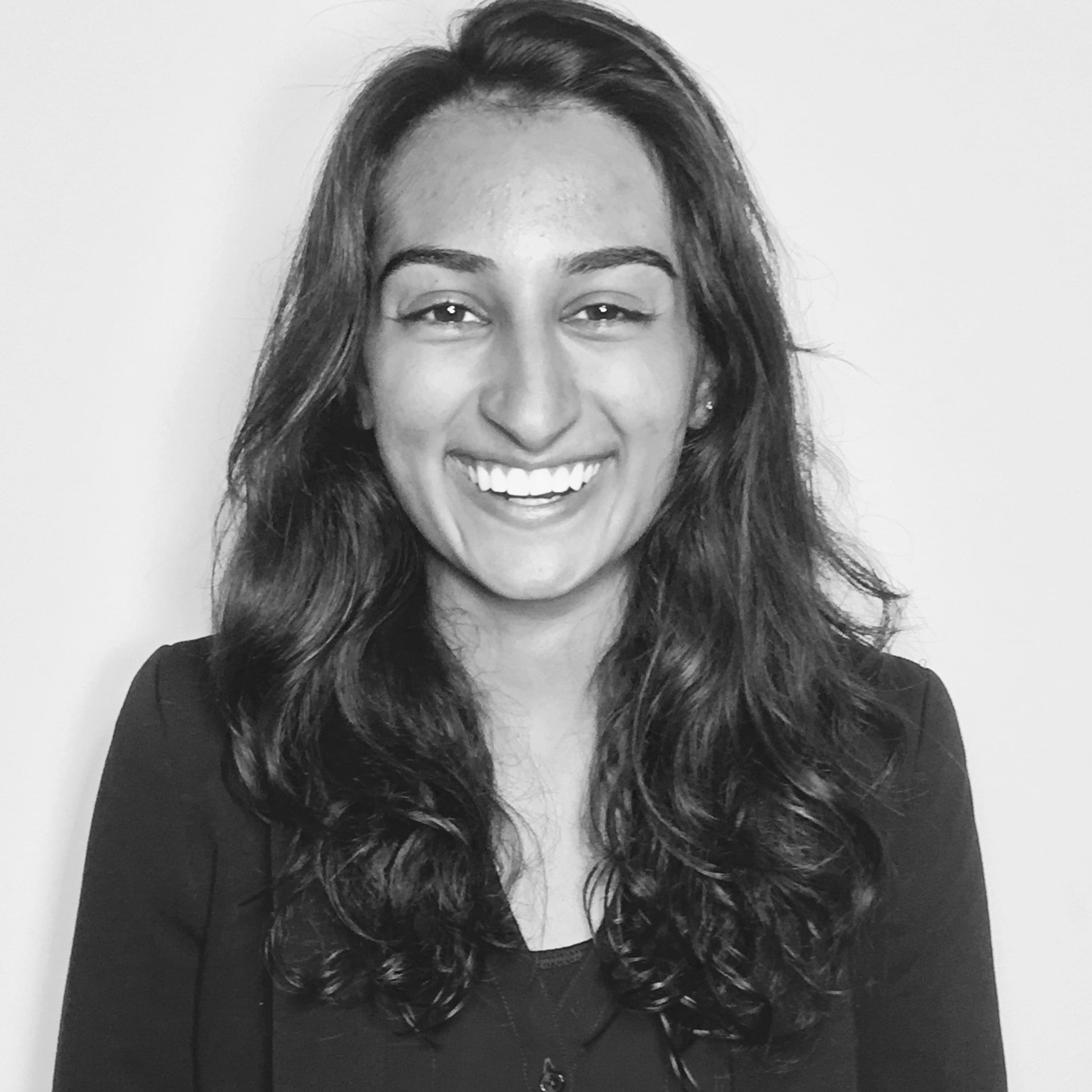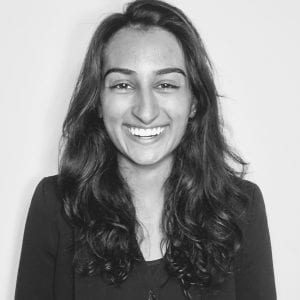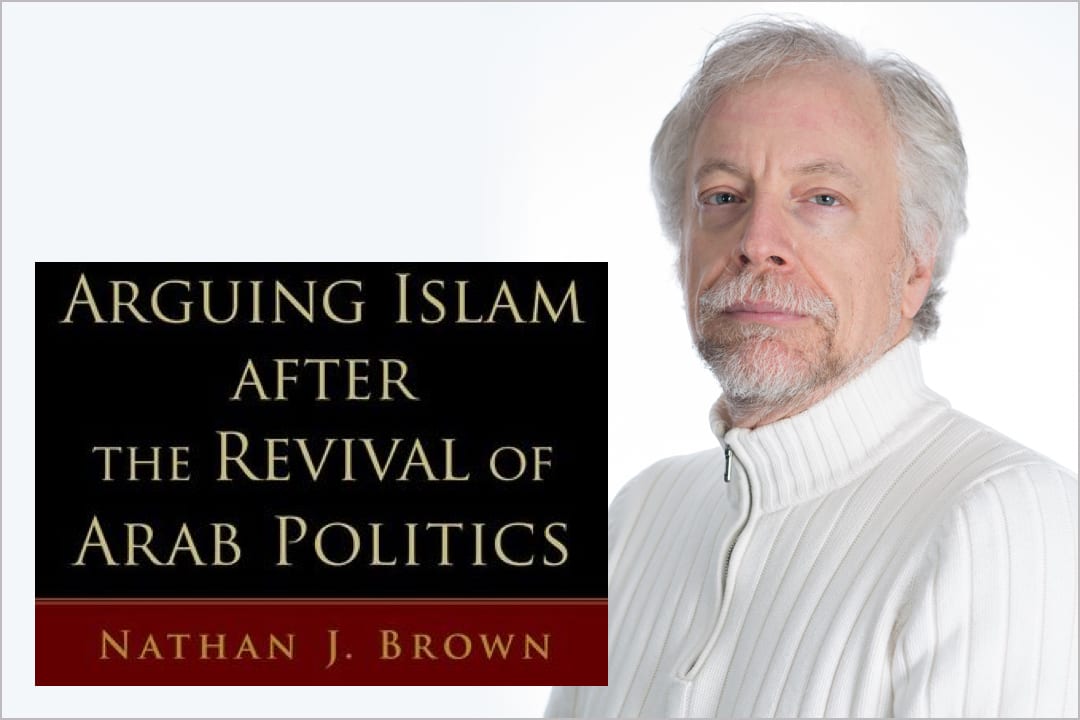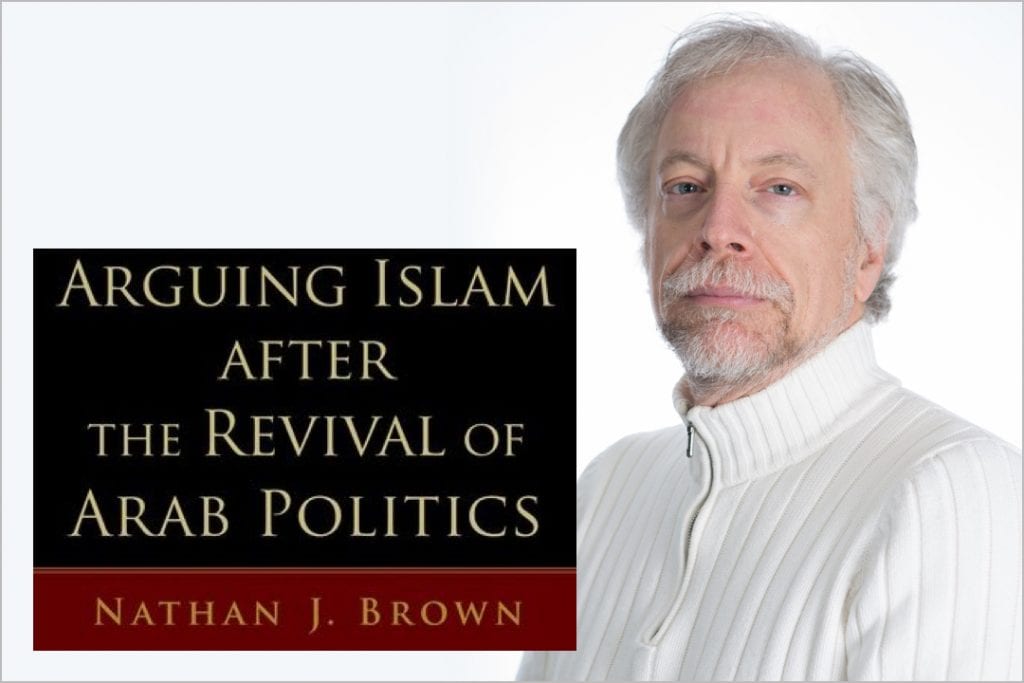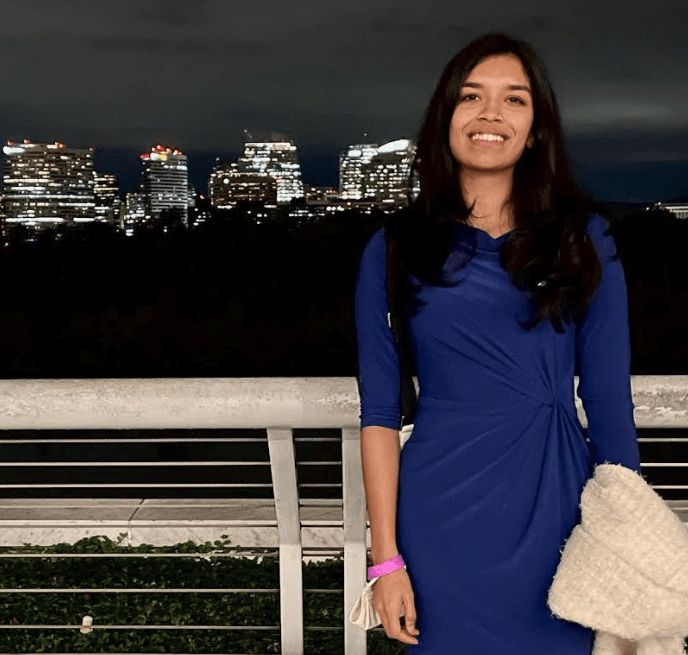
Medha Prasanna has spent the bulk of her graduate studies at George Washington University learning about international organizations as well as Asian history and politics. But this summer, she will spend her time on Capitol Hill working for the United States Congress.
The Elliott School of International Affairs M.A. candidate was selected as a prestigious Harold Rosenthal Fellow, providing summer funding and work opportunities in a congressional or executive branch office to students demonstrating outstanding commitment to international affairs and interest in public service. Prasanna, who begins her post on May 23, will be a fellow for the House Foreign Affairs Committee’s Asia Pacific Team, where she will spend much of her time doing general research.
She understands the fellowship is about governance in the U.S. and therefore can be difficult to answer as to why an international student from India studying policy of another region wants to work in the U.S. government. But she believes what happens in the halls of Congress is pivotal to the geopolitical scene.
“In a sense, what America does has an effect on everybody in the world,” she said. “I feel like if I’m contributing or if I’m in public service to the U.S. in some way, that’s going to have a ripple effect that affects my country and other countries.
“Being a global citizen is sort of what the fellowship stands for.”
The fellowship was established in 1977 to honor the memory of Harold Rosenthal, a Senate staff member who at age 29 was a victim of a terrorist attack while on duty. It is a program of the Partnership for Public Service, a nonprofit, nonpartisan organization striving for a more effective government for American citizens.
Prasanna, who attended Ashoka University near Delhi, India, before arriving at GW, has determined through her studies the importance of looking at international relations through regional approaches. While she believes there is merit in being an expert of one country, she sees even more value in observing how nations react to one another.
In terms of the Asia Pacific, specifically, Prasanna feels it is the next hub when it comes to global problems such as climate change, pollution, cybersecurity, backsliding democracies, land and maritime conflicts. She understands how supply chains in the region are critical to the normal functioning of a global society. Having deep knowledge and understanding of how the U.S. government works will be beneficial whatever career she eventually pursues.
After graduation, Prasanna has ambitions of working with an international organization in hopes of traveling to different places to better understand local people and policies. But with how much influence U.S. foreign affairs can have on the geopolitical structure, Prasanna is excited to spend the summer learning the nuances and intricacies of the House Foreign Affairs Committee and U.S. government in general.
“I think Congress is very important to American foreign policy,” Prasanna said. “I just want to understand when there’s a crisis, what is the legislative response; what are the processes? I want to learn now so I can navigate these things better when I’m in an international organization myself.”
She already has government and international organization experience as she is currently a public information intern at the United Nations, and she was a Student Association graduate senator-at-large. Prasanna is also pleased with the value of her GW education, shouting out Elliott School faculty member David Shambaugh as a particular person of influence.
If her attention to detail is any indication, Prasanna fits the bill of being a future civic leader. She found out about the fellowship through an email from the Elliott School’s Graduate Student Services. She makes sure to read everything that comes through her inbox, which may very well put her in the minority among her peers. Because of this diligence, however, she found what could be a life-changing and career-defining opportunity.
Once she applied, GW nominated her to the fellowship, which then set her up with standard placement interviews. She found out her destination for the summer at the end of April. The fellowship will end Aug. 19, just before the fall semester begins.
She is well on her way to a career seeking to improve the lives of others, and she’d like to start by encouraging other GW students who have faced rejection—which she did before getting her big yes—to stay the course and continue applying for opportunities.
“You might hear a lot of no’s in Washington, but no’s are a part of the process and often lead to something better,” she said.
And, of course, always read the fine print in emails.
Note: Congressman Gregory W. Meeks (D-N.Y.) is the first Black Chairman of the House Foreign Affairs Committee and will be the keynote speaker at the Elliott School’s graduation ceremony on May 13. In addition, GW Law alum Susan Ellis Wild, J.D. ’82, currently serves on the 52-seat House Foreign Affairs Committee. The Democratic Congresswoman from Pennsylvania will deliver the keynote address at the Law School Diploma Ceremony on Sunday, May 15.

